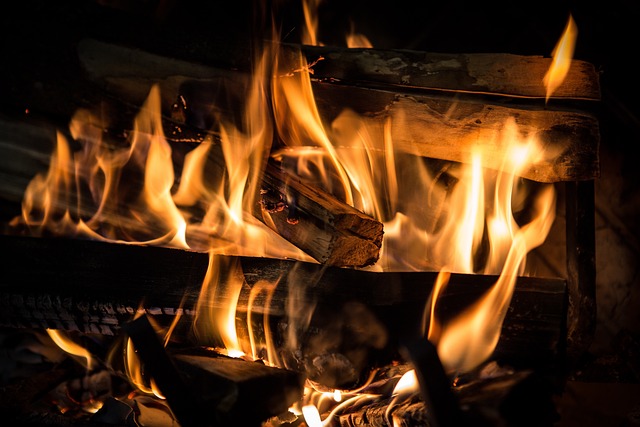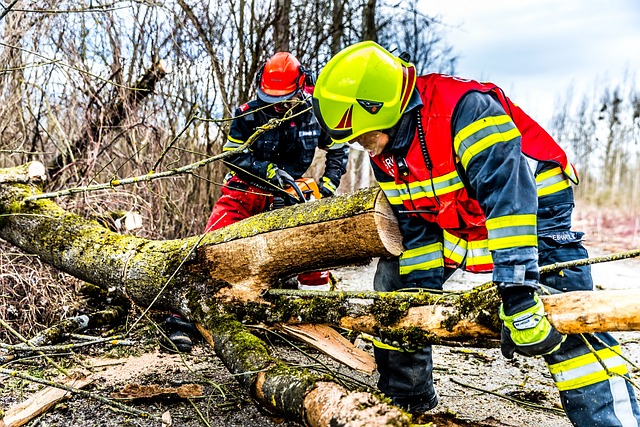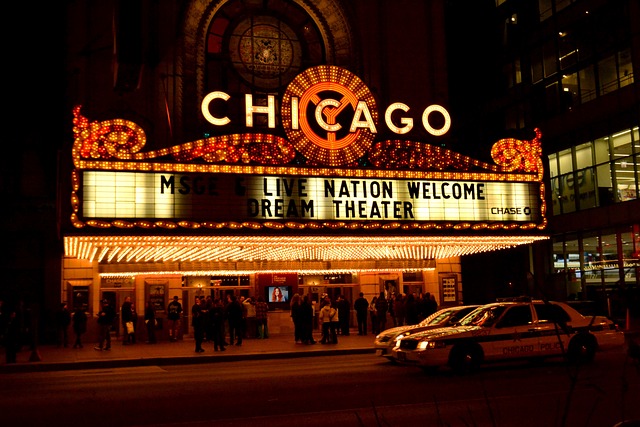Selling a house with fire damage in Chicago requires strict adherence to Illinois' stringent property disclosure laws, which mandate revealing any known structural issues, including fire-related damages. Sellers must meticulously document repairs, provide estimates for outstanding work, and openly communicate the remediation process to build buyer trust and avoid legal repercussions. Transparency can turn potential negative aspects into positive selling points by emphasizing accountability and commitment to the property's safety and value.
Selling a house with fire damage in Chicago comes with specific legal considerations. Illinois property disclosure laws mandate that sellers reveal any known issues, including fire-related damages, to prospective buyers. Failure to do so can lead to significant legal implications, such as breach of contract and potential financial penalties. This article guides you through understanding these laws, what constitutes fire damage disclosures, and best practices for selling a home with fire damage in Chicago to ensure a smooth transaction.
- Understanding Illinois Property Disclosure Laws
- Fire Damage: What Sellers Need to Disclose
- Legal Implications of Non-Disclosure in Chicago
- Best Practices for Selling a House with Fire Damage
Understanding Illinois Property Disclosure Laws
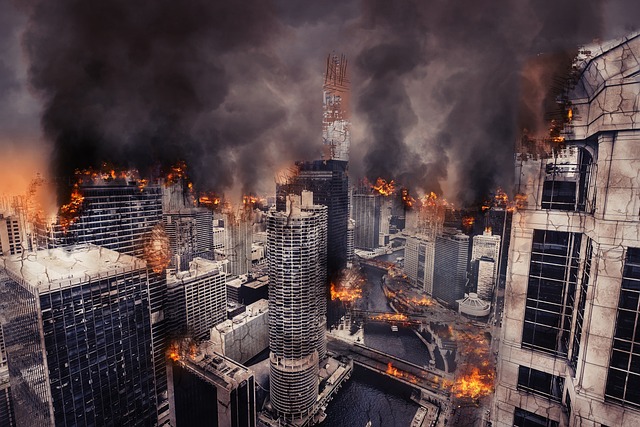
In Chicago and throughout Illinois, property disclosure laws are in place to ensure transparency during real estate transactions. When selling a house with fire damage in Chicago, it’s crucial to understand these regulations. The state requires sellers to disclose any known material defects or issues that could impact a buyer’s decision. Fire damage falls under this category, as it can significantly affect the structural integrity and overall value of a property.
Illinois law mandates that sellers complete and sign a Property Disclosure Form, providing detailed information about the property’s condition. This includes revealing any fire damage, repairs made or needed, and other relevant details. Buyers are encouraged to review this form carefully and conduct thorough inspections to assess potential risks. Understanding these disclosure laws is essential for both parties to ensure a smooth and honest real estate transaction when selling a house with fire damage in Chicago.
Fire Damage: What Sellers Need to Disclose
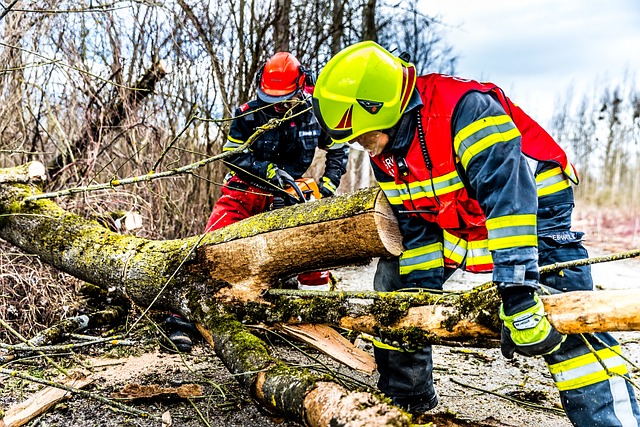
When selling a house with fire damage in Chicago, it’s crucial for sellers to be transparent and provide comprehensive disclosure. Illinois property disclosure laws mandate that sellers must reveal any known issues or damages that could impact a buyer’s decision. In the case of fire damage, sellers are required to disclose details about when and how the damage occurred, along with an assessment of the repairs needed. This includes providing documentation such as reports from firefighters, insurance claims, and any estimates for restoration work.
Failing to disclose fire damage could lead to legal issues post-sale. Buyers have the right to expect that a property’s history is accurately represented, especially when it comes to potential hazards. Therefore, sellers should take care to detail any fire-related incidents, even if repairs have been made, to ensure a smooth and honest transaction process for all parties involved.
Legal Implications of Non-Disclosure in Chicago

In Chicago, the legal implications of non-disclosure can be severe, especially when it comes to property transactions, particularly selling a house with fire damage. Illinois has strict property disclosure laws aimed at protecting homebuyers and ensuring transparency. If a seller fails to disclose known material defects, such as significant fire damage, they may face legal consequences. This includes potential lawsuits for fraud or misrepresentation, which could result in substantial financial penalties and negatively impact the seller’s future real estate transactions.
When a buyer discovers undisclosed fire damage during or after the purchase, they may have grounds to seek legal redress. This could lead to a demand for repairs, monetary compensation for associated costs, or even rescission of the sale. To avoid these pitfalls, sellers must disclose any known issues accurately and thoroughly, ensuring buyers are fully informed before making an offer on a property, especially when dealing with sensitive matters like fire damage in Chicago real estate transactions.
Best Practices for Selling a House with Fire Damage

When selling a house with fire damage in Chicago, transparency and proper disclosure are paramount. As per Illinois property disclosure laws, sellers must reveal any known issues, including structural damage caused by fire. This not only ensures legal compliance but also fosters trust between you as the seller and potential buyers.
Best practices recommend documenting all repairs made after the fire, obtaining estimates for any remaining work, and sharing these documents with interested buyers. Be prepared to discuss the extent of the damage and the steps taken for remediation. Open communication can turn a potential drawback into a selling point by showcasing your accountability and commitment to ensuring the property’s safety and value.
When selling a house with fire damage in Chicago, adhering to Illinois’ property disclosure laws is crucial. Understanding what constitutes disclosure and the potential legal implications of non-compliance can help sellers avoid costly mistakes. By following best practices, such as thoroughly documenting repairs and transparent communication with buyers, they can ensure a smooth transaction. Remember that open and accurate disclosure builds trust, ultimately facilitating a successful sale in the competitive Chicago real estate market.
